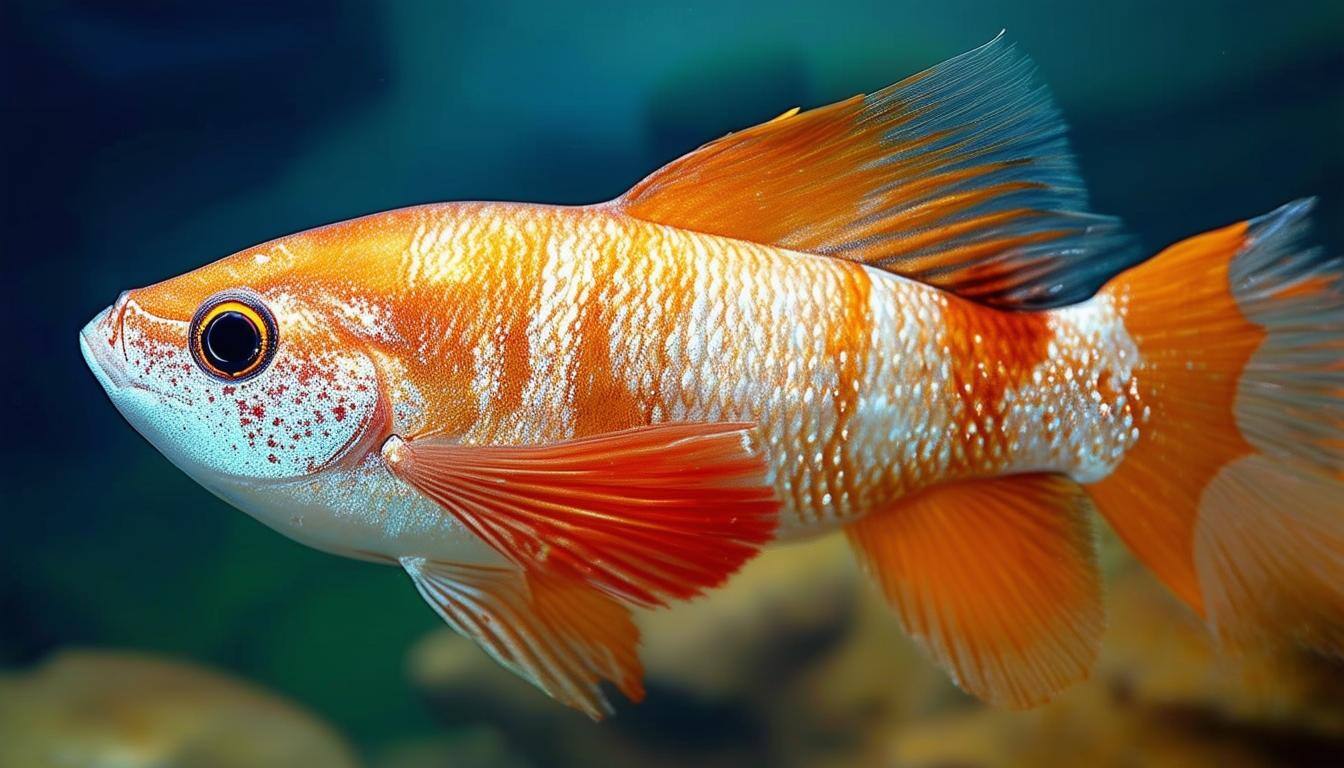The Marine Stewardship Council (MSC) certification is a globally recognized standard for sustainable fishing practices. Established in 1997, the MSC aims to protect fish stocks and the marine environment while promoting responsible fishing methods. Certification under the MSC program signifies that the fisheries adhere to rigorous sustainability criteria, which are assessed through a transparent and independent process. This article delves into the intricacies of MSC certification, its criteria, and its implications for the fishing industry and consumers.
Criteria for MSC Certification
The Marine Stewardship Council (MSC) Certification is an internationally recognized standard for sustainable fishing. The certification process is built upon three core principles that must be met by fisheries seeking certification. These principles not only promote environmental sustainability but also support safe and responsible sourcing, aligning with the goals of Food Safety Certification. Here are the key criteria for MSC Certification.
- Healthy Fish Stocks: The fish population must be at a level that can produce maximum sustainable yield (MSY). This entails effective management practices ensuring that fishing does not threaten the species' survival.
- Minimizing Environmental Impact: The fishing operations must minimize their ecological footprint. This includes assessing the impact on the marine ecosystem, addressing bycatch issues, and ensuring that habitats are not damaged.
- Effective Management: Fisheries must demonstrate a commitment to effective management practices that comply with relevant laws and regulations. A sustainable fishery requires a comprehensive management plan that is adaptive and responsive to changing conditions.
The Certification Process
The pathway to MSC certification involves several distinct stages, ensuring thorough evaluation and transparency:
- Pre-Assessment: This initial stage allows fisheries to gauge their readiness for full assessment. It identifies strengths and weaknesses in relation to MSC standards.
- Full Assessment: An independent certifier carries out a detailed evaluation against the MSC criteria. This includes data collection, stakeholder engagement, and comprehensive analysis of fishery operations.
- Public Consultation: Following the assessment, there is a phase for public comment, allowing stakeholders, including local communities and environmental organizations, to provide input on the assessment findings.
- Certification Decision: Based on the assessment and public feedback, the certifier makes a decision. If successful, the fishery is awarded MSC certification.
- Surveillance Audits: Certified fisheries undergo regular surveillance audits to ensure ongoing compliance with MSC standards. These audits occur annually, with a full reassessment every five years.
Benefits of MSC Certification
Obtaining MSC certification can deliver numerous advantages for fisheries, consumers, and the marine environment:
- Market Differentiation: MSC certification provides a competitive edge in the marketplace, as consumers increasingly favor sustainably sourced seafood.
- Consumer Trust: The MSC label instills confidence in consumers that the seafood they purchase is sourced from sustainable fisheries, promoting responsible consumption.
- Access to Premium Markets: Many retailers and food service companies prioritize sourcing from certified fisheries, opening up new market opportunities.
- Environmental Stewardship: Certification encourages fisheries to adopt best practices, contributing to the health of marine ecosystems and the sustainability of fish stocks.
- Collaboration and Improvement: The process fosters collaboration among stakeholders, paving the way for shared best practices and continuous improvement in fishing operations.
Challenges and Criticism
Despite its benefits, MSC certification is not without challenges and criticisms. Some of the primary concerns include:
- Accessibility for Small-Scale Fisheries: The certification process can be costly and complex, posing barriers for small-scale fisheries that may lack the resources for compliance.
- Overlapping Ecosystem Issues: Critics argue that focusing solely on fisheries management may overlook broader environmental issues, such as habitat destruction and climate change.
- Transparency and Accountability: Some stakeholders have raised concerns regarding the transparency of the certification process and the potential for conflicts of interest among certifiers.
The Future of MSC Certification
The future of MSC certification is poised for evolution as the fishing industry grapples with increasing environmental challenges and consumer demand for sustainable practices. Ongoing adaptation of the certification criteria is essential to address emerging issues, such as:
- Climate Change: As ocean conditions change, fisheries must adapt their practices to ensure resilience and sustainability.
- Technological Advances: The integration of new technologies in fishing operations presents both opportunities and challenges for sustainability.
- Broader Ecosystem Management: Future criteria may need to encompass broader ecological considerations, integrating the health of marine habitats and biodiversity into the certification process.
Conclusion
MSC certification represents a significant step towards sustainable seafood sourcing, benefiting fisheries, consumers, and marine ecosystems alike. By adhering to the stringent standards set forth by the MSC, fisheries not only improve their marketability but also contribute to the long-term health of the oceans. As the global demand for sustainable seafood continues to rise, the role of MSC certification will be pivotal in shaping the future of responsible fishing practices.





.webp?width=1644&height=1254&name=Food%20Safety%20Dashboard%201%20(1).webp)
